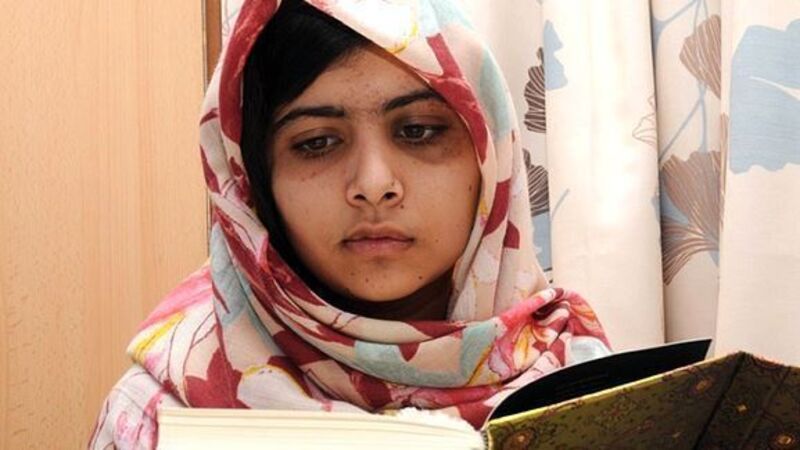Malala Yousafzai is a voice of peace that cannot be silenced

But the one thing the Taliban fear most is a 16-year-old girl whose powerful message and extraordinary courage has galvanised a far less bloody jihad than theirs — a war on want, ignorance, and oppression.
The world first became aware of Malala Yousafzai when the Taliban shot her in the head at point-blank range as she headed to school in Pakistan’s Swat province. She had defied their edict not to attend class.













